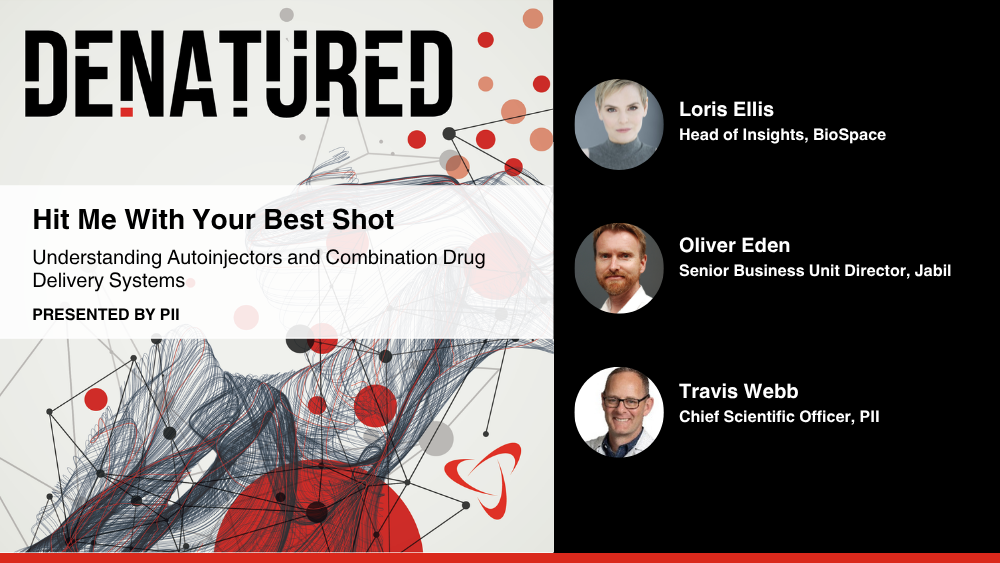Data presented via poster at European Hematology Association 21st Congress
ROCKVILLE, Md.--(BUSINESS WIRE)--GlycoMimetics, Inc. (NASDAQ: GLYC) today announced data from the Phase 1 portion of its Phase 1/2 clinical trial of its novel E-selectin antagonist, GMI-1271, combined with induction chemotherapy, in patients with relapsed/refractory acute myeloid leukemia (AML). Dose escalation is complete and a GMI-1271 dose was identified for Phase 2 testing.
“Results of a Phase 1 study of GMI-1271, a potent E-selectin antagonist in combination with induction chemotherapy in relapsed/refractory AML: a novel, well-tolerated regimen with a high remission rate”
The results, presented at the European Hematology Association 21st Congress in Copenhagen, Denmark, showed an overall response rate (combined complete remission (CR) and remission with incomplete recovery (CRi)) of 47 percent among 19 patients, including those who were older than 60 years of age, with primary refractory or relapsed disease, poor cytogenetic risk factors including FLT-3 ITDs, and/or extramedullary disease. Eight of the 19 patients achieved a best clinical response of CR, one patient achieved CRi, and one patient achieved morphologic leukemia-free state (MLFS). Five of the 19 patients went on to receive a hematopoietic stem cell transplant. There was no mortality reported during the treatment phase of 44 days, and no dose-limiting toxic reactions were observed among participants. Pharmacokinetic (PK) data showed a dose-dependent increase in plasma concentrations of GMI-1271, above levels associated with anti-leukemic activity in animal models of AML. In addition, biomarker analysis confirmed on-target activity for GMI-1271 at all dose levels. During dose escalation, patients received only one cycle of treatment with GMI-1271. As part of the Phase 2 expansion, certain patients will be eligible to receive more than one cycle of treatment.
“The data from the Phase 1 portion of this Phase 1/2 trial are very encouraging, demonstrating a high remission rate; and the combination of GMI-1271 and chemotherapy seems to be extremely well tolerated,” said Daniel J. DeAngelo, M.D., Ph.D., Director of Clinical and Translational Research, Adult Leukemia, Department of Medical Oncology, Dana-Farber Cancer Institute, and Associate Professor of Medicine, Harvard Medical School. “We believe GMI-1271 when combined with chemotherapy has the potential to address the unmet therapeutic needs of AML patients, and we look forward to gathering data from study of additional patients.”
The poster (P191), entitled “Results of a Phase 1 study of GMI-1271, a potent E-selectin antagonist in combination with induction chemotherapy in relapsed/refractory AML: a novel, well-tolerated regimen with a high remission rate,” is available here and will be displayed as part of a poster session scheduled for 5:15 p.m. CET today.
AML is a cancer of immature white blood cells that starts in the bone marrow but can quickly spread into the blood, lymph nodes, liver, spleen, central nervous system and soft tissues. Each year in the United States, about 19,900 people (usually older than 45 years of age) are diagnosed, and about 10,400 people die from all forms of the disease, according to the American Cancer Society. Chemotherapeutic methods among patients with relapsed/refractory AML have low remission rates, typically between 25 and 30 percent.
GlycoMimetics recently announced that the first patient with relapsed or refractory AML has been dosed in the Phase 2 portion of the ongoing clinical trial of GMI-1271. This clinical trial is a multinational open-label study evaluating endpoints for safety, PK and efficacy of GMI-1271 in combination with induction chemotherapy in patients with high-risk AML. This trial is being conducted at a number of academic medical institutions in the United States, Ireland, and Australia. While the primary objective is to assess safety, additional endpoints include overall response rate, biomarkers of activity, durability of response and overall survival. The Phase 2 portion of the trial is expected to include approximately 25 participants over 18 years of age with relapsed or refractory AML and approximately 25 participants over 60 years of age who are newly diagnosed.
About GMI-1271
GMI-1271 is designed to block E-selectin (an adhesion molecule on cells in the bone marrow) from binding with AML cells as a targeted approach to disrupting well-established mechanisms of leukemic cell resistance within the bone marrow microenvironment. Preclinical research points to the drug’s potential role in moving cancerous cells out of the protective environment of the bone marrow where they hide and escape the effects of chemotherapy. In preclinical studies using animal models of AML, the results of which were presented at meetings of the American Society of Hematology (ASH), GMI-1271 was also associated with a reduction of chemotherapy-induced neutropenia and chemotherapy-induced mucositis.
About GlycoMimetics, Inc.
GlycoMimetics is a clinical-stage biotechnology company focused on sickle cell disease and cancer. GlycoMimetics’ most advanced drug candidate, rivipansel, a pan-selectin antagonist, is being developed for the treatment of vaso-occlusive crisis in sickle cell disease and is being evaluated in a Phase 3 clinical trial being conducted by its strategic collaborator, Pfizer. GlycoMimetics’ wholly-owned drug candidate, GMI-1271, an E-selectin antagonist, is being evaluated in an ongoing Phase 1/ 2 clinical trial as a potential treatment for AML. GlycoMimetics expects to file an investigational new drug application (IND) with the U.S. Food and Drug Administration (FDA) for a third drug candidate, GMI-1359, a combined CXCR4 and E-selectin antagonist, in the third quarter of 2016. GlycoMimetics is located in Rockville, MD in the BioHealth Capital Region. Learn more at www.glycomimetics.com.
Contacts
GlycoMimetics, Inc.
Investor Contact:
Shari Annes,
650-888-0902
sannes@annesassociates.com
or
Media
Contact:
Jamie Lacey-Moreira, 410-299-3310
jamielacey@presscommpr.com




